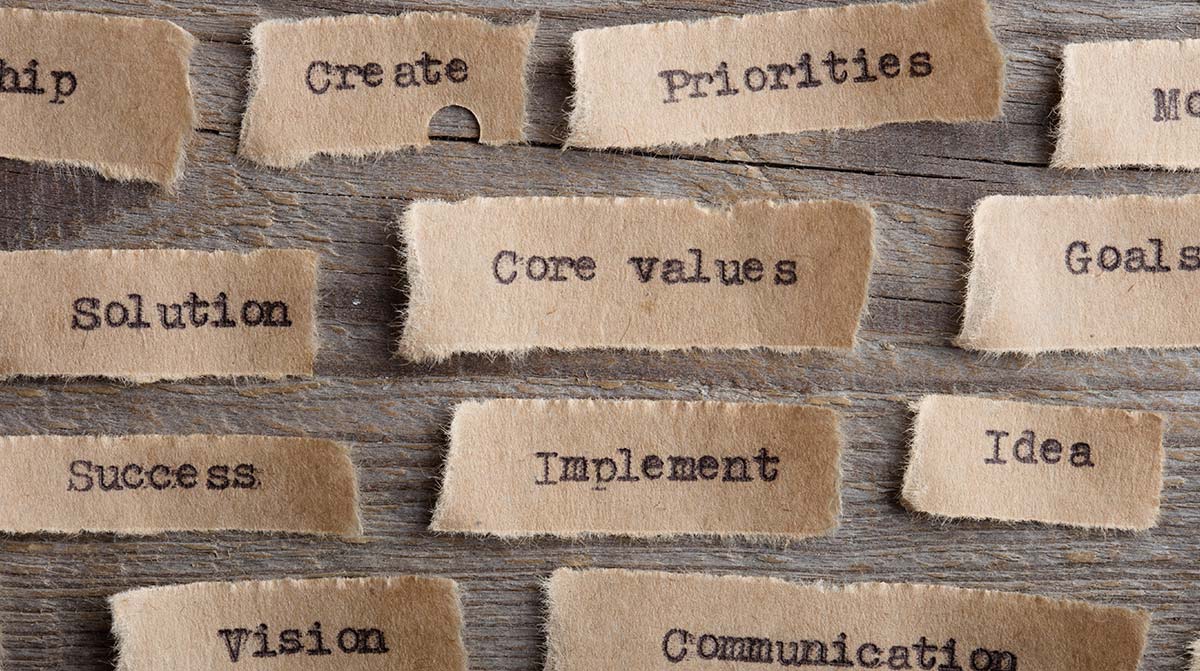Creating a Better Company Culture
Company culture is everything these days when it comes to an organization’s best practices and environment. The culture of an organization is defined by its vision, values, workplace beliefs, attitude, purpose, and behaviors of the work staff. And a company’s culture ultimately plays a huge role in the success of the business.
Flex HR’s very own CEO, Jenny Morehead, recently chatted with The Next Scoop to discuss Creating a Better Company Culture and how a business can set up best practices to design a healthier overall company culture.
Jenny notes that it’s important for “people to experience joy in their work. Otherwise, what is it all for? I think enough companies have caught on to the fact that employees can find nice places to work now with good work-life balance and with people who care, and if you are not one of those companies, you’re falling behind.”
Company culture stems from the top down of how a business is handled internally, which should be conveyed often and encouraged by upper management. Including ethics into your core values is vital for the reputation you want your organization to uphold. Training the workforce on these core values and what standards they need to have all amount to producing best practices for the company’s growth.
Communication is Key to Culture
Communication also plays a major factor in establishing trust and loyalty which ultimately leads to forming a company’s culture. At Flex HR we encourage that managers meet with their teams often and meet individually for a one-on-one at least once a month. If your company is remote this can be done via Zoom or Teams. A big culture building gathering that we schedule is a “coffee break” meeting with our HR and Payroll teams. We all come together to share what projects we are working on, and cheer on all the big wins we’ve had collaboratively. These calls help build confidence, ensure team support and build brand loyalty. The face-to-face connection is essential to creating that rapport between staff members of all levels.
Creating a better culture in the workplace also starts from before you hire a new employee. The candidate should be told before they even accept the job what the rules of the company and their position entail. That way they know exactly what to expect from day one. These components and expectations should be outlined in the candidates offer letter so that, there in writing before them they can think to themselves “Am I able to do this? Am I going to be able to stay at this job?”
Compliance Needs To Be Included In The Culture
Building compliance into your company culture is also indispensable. Compliance backs companies to avoid white collar-crime, corruption, ethics issues, and other pitfalls. It’s essential when it comes to tax issues, federal and local laws, industry requirements, workplace safety, employee rights, and data management. Again, this begins with top leadership developing, implementing, and overseeing the compliance program and ensure its effective enough.
To foster a strong and positive behavior towards compliance, provide training and testing to all staff members, including in-house employees, remote teams, part-time, and contract workers. The compliance training should explain all compliance requirements, and teach the staff how to recognize threats, how to respond to risks, who to report to, how to avoid missteps, and the repercussions one will face if caught breaking the rules.
An exceptional company culture is one that intrinsically promotes curiosity, respect, teamwork, and employee health. Employees who view their company culture as positive are 3.8 times more likely to be engaged at work. And HR experts know best that employee engagement has a direct impact on performance.
Other significant factors to improve company culture can be as simple as employee recognition programs, flexible working arrangements for staff, competitive compensation and benefits, performance reviews, and offering career path goals. These are all ways to make employees feel seen and heard. These efforts help to retain your staff and produce a positive and healthy company culture.
Contact us now to discuss your HR needs.


